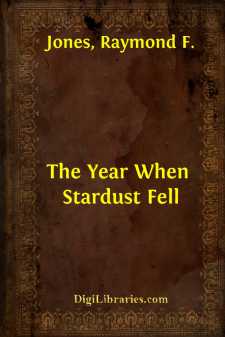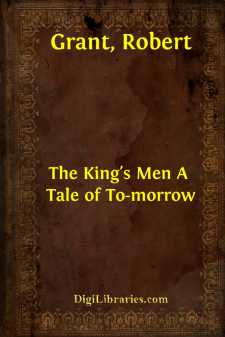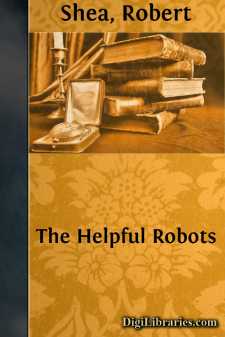Categories
- Antiques & Collectibles 13
- Architecture 36
- Art 48
- Bibles 22
- Biography & Autobiography 813
- Body, Mind & Spirit 142
- Business & Economics 28
- Children's Books 17
- Children's Fiction 14
- Computers 4
- Cooking 94
- Crafts & Hobbies 4
- Drama 346
- Education 46
- Family & Relationships 57
- Fiction 11829
- Games 19
- Gardening 17
- Health & Fitness 34
- History 1377
- House & Home 1
- Humor 147
- Juvenile Fiction 1873
- Juvenile Nonfiction 202
- Language Arts & Disciplines 88
- Law 16
- Literary Collections 686
- Literary Criticism 179
- Mathematics 13
- Medical 41
- Music 40
- Nature 179
- Non-Classifiable 1768
- Performing Arts 7
- Periodicals 1453
- Philosophy 64
- Photography 2
- Poetry 896
- Political Science 203
- Psychology 42
- Reference 154
- Religion 513
- Science 126
- Self-Help 84
- Social Science 81
- Sports & Recreation 34
- Study Aids 3
- Technology & Engineering 59
- Transportation 23
- Travel 463
- True Crime 29
The Great Gray Plague
by: Raymond F. Jones
Categories:
Description:
Excerpt
BY RAYMOND F. JONES
There is no enemy so hard to fight as a dull gray fog. It's not solid enough to beat, too indefinite to kill, and too omnipresent to escape.
[Transcribers Note: This etext was produced from Analog Science Fact and Science Fiction February 1962. Extensive research did not uncover any evidence that the U.S. copyright on this publication was renewed.]
Dr. William Baker was fifty and didn't mind it a bit. Fifty was a tremendously satisfying age. With that exact number of years behind him a man had stature that could be had in no other way. Younger men, who achieve vast things at, say, thirty-five, are always spoken of with their age as a factor. And no matter what the intent of the connection, when a man's accomplishments are linked to the number of years since he was born there is always a sense of apologia about it.
But when a man is fifty his age is no longer mentioned. His name stands alone on whatever foundation his achievements have provided. He has stature without apology, if the years have been profitably spent.
William Baker considered his years had been very profitably spent. He had achieved the Ph. D. and the D. Sc. degrees in the widely separated fields of electronics and chemistry. He had been responsible for some of the most important radar developments of the World War II period. And now he held a post that was the crowning achievement of those years of study and effort.
On this day of his fiftieth birthday he walked briskly along the corridor of the Bureau building. He paused only when he came to the glass door which was lettered in gold: National Bureau of Scientific Development, Dr. William Baker, Director. He was unable to regard that door without a sense of pride. But he was convinced the pride was thoroughly justifiable.
He turned the knob and stepped into the office. Then his brisk stride came to a pause. He closed the door slowly and frowned. The room was empty. Neither his receptionist nor his secretary, who should have been visible in the adjoining room, were at their posts. Through the other open door, at his left, he could see that his administrative assistant, Dr. James Pehrson, was not at his desk.
He had always expected his staff to be punctual. In annoyance that took some of the glint off this day, he twisted the knob of his own office door and strode in.
He stopped just inside the room, and a warm wave of affection welled up within him. All nine members of his immediate staff were gathered around the table in the center of his office. On the table was a cake with pink frosting. A single golden candle burned brightly in the middle of the inscription: Happy Birthday, Chief.
The staff broke into a frighteningly off-key rendition of "Happy Birthday to You." William Baker smiled fondly, catching the eye of each of them as they badgered the song to its conclusion.
Afterward, he stood for a moment, aware of the moisture in his own eyes, then said quietly, "Thank you. Thank you very much, Family. This is most unexpected....
















